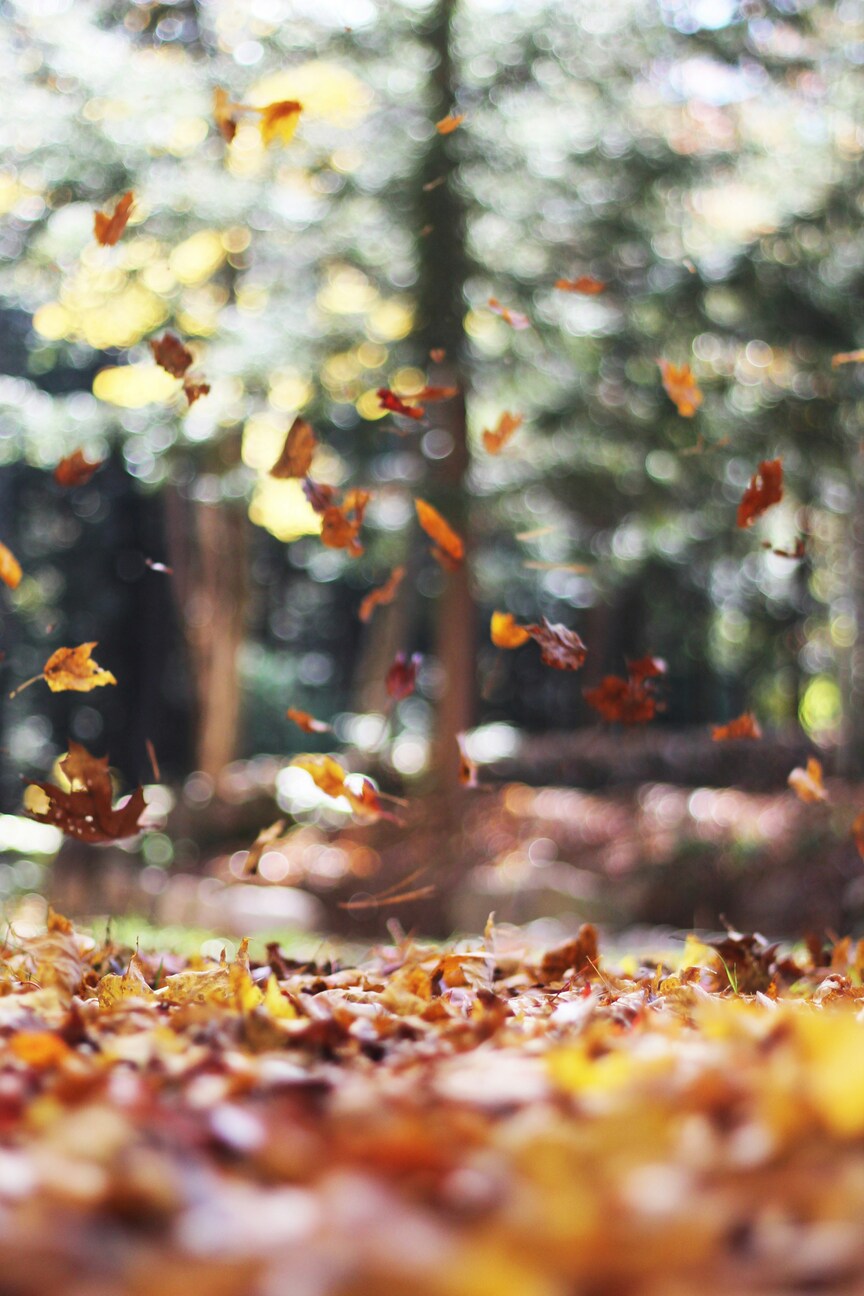
Photo by Autumn Mott Rodeheaver: at
Unsplash
त्याग
Renunciation
When the last leaf falls, what will die within us?
Sheniz Janmohamed
Most of human endeavor is the attempt to keep what will be lost.
The attempt to keep pleasure, the attempt to keep youth,
the attempt to keep health, attempt to keep understanding,
attempt to keep power…
Of course with that is the attempt to keep away the opposite.
But in that spinning, in that mind activity, to keep,
what is subject to loss, there is huge suffering.
There is minor suffering and there is huge suffering.
But that’s basically what suffering is –
the attempt to keep what will be lost.
24: Verily, verily, I say unto you, Except a corn of wheat fall into the ground and die, it abideth alone: but if it die, it bringeth forth much fruit.
25: He that loveth his life shall lose it; and he that hateth his life in this world shall keep it unto life eternal.
John 12:24 – 12:25
This is where renunciation enters the picture – renunciation of
the hope that our experience could be different, renunciation of
the hope that we could be better.
The Buddhist monastic rules that advise renouncing liquor,
renouncing sex, and so on are not pointing out that those
things are inherently bad or immoral,
but that we use them as babysitters.
We use them as a way to escape; we use them to try to get comfort
and to distract ourselves.
The real thing that we renounce is the tenacious hope that
we could be saved from being who we are.
Renunciation is a teaching to inspire us to investigate
what’s happening every time we grab something because
we can’t stand to face what’s coming.